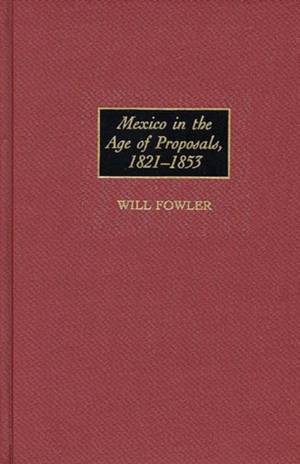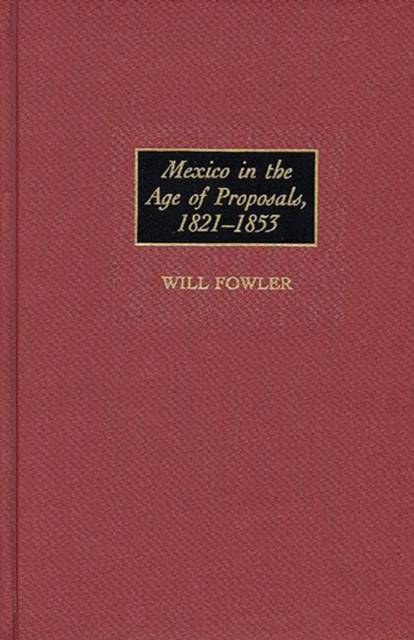
- Retrait gratuit dans votre magasin Club
- 7.000.000 titres dans notre catalogue
- Payer en toute sécurité
- Toujours un magasin près de chez vous
- Retrait gratuit dans votre magasin Club
- 7.000.000 titres dans notre catalogue
- Payer en toute sécurité
- Toujours un magasin près de chez vous
Description
This book is a study of the political development of the many factions that surfaced in Mexico from the achievement of independence in 1821 to General Antonio Lopez de Santa Anna's last government in 1853-55. Paying particular attention to the writings of the main thinkers of the period and the ways in which they inspired or were betrayed by their respective factions, this volume concentrates on the evolution of the different factions (traditionalists, moderates, radicals, and santanistas), who sustained their beliefs at one point or another. It follows a chronological approach and puts significant emphasis to the way the hopes of the 1820s degenerated into the despair of the 1840s, and how these in turn affected the evolution of the different factions' political proposals.
Political proposals and ideologies were important in independent Mexico; it was an age of proposals. Various constitutional projects were proposed, discussed, attempted, or dismissed. This study offers a comprehensive analysis of how the generalized liberal principles of early republican Mexico became fractured into numerous conflicting political proposals and movements. In response to the ever-changing political landscape of the new nation, the emergent Mexican political class was prevented from achieving the ever-evasive constitutional order, unity, progress, and stability all dreamed of experiencing when General Agustin de Iturbide marched into Mexico City on September 27, 1821. Appendices with a glossary, chronologies, and description of major personalities are included.Spécifications
Parties prenantes
- Auteur(s) :
- Editeur:
Contenu
- Nombre de pages :
- 344
- Langue:
- Anglais
- Collection :
- Tome:
- n° 12
Caractéristiques
- EAN:
- 9780313304279
- Date de parution :
- 19-11-98
- Format:
- Livre relié
- Format numérique:
- Genaaid
- Dimensions :
- 162 mm x 242 mm
- Poids :
- 666 g







